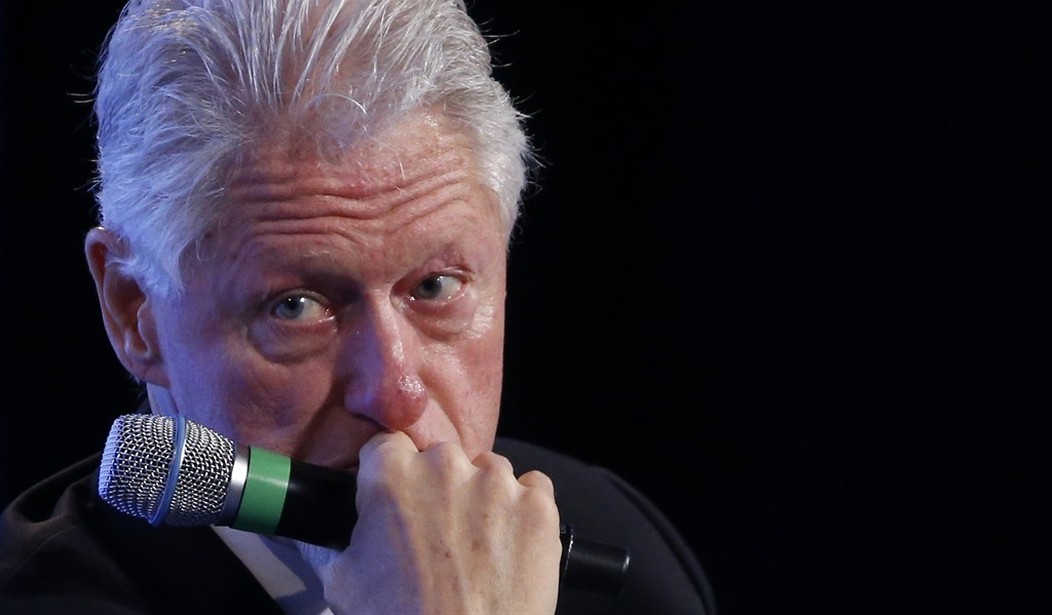Now that we have a “deal” with Iran, the Big Three–ABC, NBC, and CBS–centered on President Obama’s “spirited defense” of what is shaping to be his signature foreign policy achievement; they also hailed it as "historic." Thanks to our friends at Newsbusters, they compiled clips of the coverage. Most importantly, they found the Big Three’s 1994 coverage of then-President Bill Clinton’s nuclear agreement with North Korea.
“This is a good deal for the United States," said President Clinton. “North Korea will freeze and then dismantle its nuclear program. South Korea and our other allies will be better protected. The entire world will be safer as we slow the spread of nuclear weapons.”
This whole agreement collapsed in 2002, when the CIA discovered that North Korea was secretly enriching uranium for further weapons production. The country, which also carried the title of virtually being the world’s largest prison, not only kept the nuclear weapons it already had at the time–which estimates said was to be just one–but they built more (shocker) and the geopolitical situation in Asia hasn’t changed.
Here’s the breakdown of the now-dead Agreed Framework with North Korea courtesy of Nuclear Threat Initiative:
- freeze and eventually dismantle its graphite-moderated reactors;
- seal, cease activities at, and eventually dismantle its reprocessing facilities;
- cooperate in finding a safe method to store existing spent fuel from its 5 MW experimental reactor and to dispose of such fuel in a safe manner that does not involve reprocessing in the DPRK;
- allow the International Atomic Energy Agency (IAEA) to monitor the freeze of its reactors; allow the implementation of its safeguards agreement under the nuclear Non-Proliferation Treaty (NPT) allow the IAEA to resume ad-hoc and routine inspections of facilities not subject to the freeze upon conclusion of a Supply Agreement for the light-water reactor (LWR) project;
- come into full compliance with its safeguards agreement with the IAEA upon conclusion of a significant portion of the LWR project; remain a party to the NPT; and
- take consistent steps to implement the North-South Joint Declaration on the Denuclearization of the Korean Peninsula; and engage in North-South dialogue.
In return for its obligations above, the DPRK was guaranteed the following:
- two LWRs [light water reactor] with a total generating capacity of approximately 2,000 MW(e), financed and supplied by an international consortium, by 2003;
- 150,000 tons of heavy fuel oil by October 1995 for heating and electricity production foregone due to the freeze of its graphite-moderated reactors, and 500,000 tons annually thereafter until the completion of the first LWR; and
- formal assurances from the United States against the threat or use of nuclear weapons.
In addition, the Agreed Framework required the United States and the DPRK to:
- reduce barriers to trade and investment, including restrictions on telecommunications services and financial services and transactions; open liaison offices in each other's capitals; and
- upgrade bilateral relations to ambassadorial level as progress is made on issues of concern to each side.
Recommended
Will history repeat itself with the Iranian deal? It remains to be seen, but our current history in negotiating with rogue nations that have–or are seeking–nuclear weapons capability hasn’t been stellar in the slightest.

























Join the conversation as a VIP Member